My commitment is very emotional towards India: Gordon Bowen
“Creativity has and will always outshine data,” emphatically stated Gordon Bowen, Co-Founder & Chairman, Mcgarrybowen and Global Chief Creative Officer, Dentsu Aegis Network, while speaking on ‘Data’s Inferno’ on Day 2 of Goafest 2019. Gordon himself epitomizes what McGarryBowen stands for – spirited, problem solver, rebel, wanderer, collaborator, human.
With a series of his ads, from the Olympics for United Airlines to Hallmark to Disney, Bowen proved the endless possibilities and the power of creativity. Showcasing the collaboration of Beethoven’s 5th with Intel Inside through a film, he proved the power of a creative idea and intuition. He ended his session with a message that could very well be the reality for everyone present in the room – Creatively led, data driven and tech-enabled. “That’s the philosophy we live by at Dentsu, and that’s how it should be. It’s always ‘creatively led’. Nothing can ever replace creativity. For a slice of heaven, we have to fall back on creation. Just like in the Bible, the single verb that describes God is that he is the creator. It’s not data driven. It is creation driven,” he stressed. A powerful message indeed!
In an interaction with Adgully, Gordon Bowen speaks about his vision for the agency, his dual roles at McGarrybowen and Dentsu Aegis Network, his strong and emotional connect with India and much more. Excerpts:
How do you view Mcgarrybowen’s performance? What are your thoughts on the Indian market?
I’m going to start with something that is new for me. I now have two titles – one as Founder & Chairman of Mcgarrybowen and the other is Global Chief Creative Officer of Dentsu Aegis Network. That has pushed my collaboration with my favourite person in all of Dentsu, who happens to be Ashish Bhasin. My commitment is very emotional towards India, Ashish as well as my responsibility towards not just Mcgarrybowen but the entire network. That’s 60,000 people, which is a fairly huge offering and it’s a brand-new job for me, barely 3 weeks into it.
My father lived in India and it was his desire to be buried here. So, it’s a very important country to me emotionally. Our commitments to our clients here are foremost and obviously; just given the size of the market, the import of the market, the growth of the economy, the creativity coming out of India makes it one of the markets where we will invest in most heavily.
Could you give us an outsider’s viewpoint on the creativity in India?
While sometimes I might see things, there are cultural nuances that I might not understand. Mostly though, it has been the opposite. I came here thinking I wouldn’t understand the cultural nuances, but what I learnt from watching advertising is that it did not even have to be in English; I understood what was going on. We have more in common as human beings than as individuals. I laughed at advertisements even when I didn’t understand the job, because I knew it was funny.
What is exciting to me is there are some things in India that appear to me as cultural norms which make for a more creative environment. I don’t think Indians are normally like this, but to be a creative person you need to be open-minded as well as open-hearted. Some cultures are close minded; they are wonderful people on the inside, but around people they may be less open. Indians are not afraid to be open and show emotions. They are not afraid to show anger, love and the totality of what it is to be human. And because of that, there is an opportunity for the work to be better, because it touches our hearts just not our heads and because it has a nuance that makes things real. If you sugarcoat it, people say it’s not real, but they are not afraid of it and I like that.
The last thing I want to say about the work is that we need to take a lesson from India in the US, and I’ve seen some work I really admired and I’d ask ‘how much did that cost?’ and they’d tell me. I am kind of shocked in a good way about what they are able to do. If you fast forward to a world where it is going to be all about content and all about disposable media and all about what’s on this phone rather than what’s on television, etc., then you notice that India is a little bit ahead of the curve, because content here is well produced but not that expensive and you have the added advantage in a cross cultural kind of way that everyone is pulling in English. So, you can talk to the world as well as talk to India.
Too many screens and too much disruption – according to you, what would be the challenges going forward for media agencies?
The challenge doesn’t start with the media companies. It starts with the customer. The consumer does not know where to go for what they need. If you go back a gazillion years in the US, you had a captive audience that didn’t have remote controls. When you wanted to put an ad out there, you just put it out there and you knew who was going to watch it. Now you can’t. So, the way you can break through all of that is simple. I would call it really leading with creative – that which is breakthrough and real. YouTube is an example; you don’t push things into YouTube, you push things out of YouTube.
Really, it all comes back to creating something that’s unique, special, targeted – emotionally and rationally – that the consumer seeks you out because it has become increasingly harder for you to reach your consumer. Data will tell you that we know exactly how to reach your consumer, but desire for a product is based on overall image. There has to be a balance in the way we reach the totality of the customers mind and heart. Is that going to be based on data? Yes. But also, on intuition, gut, creativity, experience and head and heart all working together.
How are you planning to marry data and creativity?
I have a very simple phrase. Creatively led, data driven and technology enabled. If you think about it that way, what data can do is actually introduce a creative mind to information they might not have. So, data can be your friend in that sense but it can become an enemy if it replaces gut and inspiration. We don’t make decisions about what we buy on hard facts; we make decisions with our hearts and then tell our heads what to do. Thus, the heart has to remain in the equation.
Geographical boundaries are getting blurred. You need to put a message for the brand across the globe. What is the challenge now? Do you need to be more politically correct?
Becoming environmentally conscious has become a global phenomenon that needs to be addressed in advertising and consumer awareness. As we become more socially responsible, it will force corporations to adopt practices that are environmentally responsible and I believe that’s the good side of it.
You have used a buzzword that I have a problem with, which is ‘politically correct’. If you’re so politically correct, what happens is you take out all the spark, might, individuality and excitement out of it. I think it is all about using common sense. I believe that if you approach the consumer with love, you will be fine.



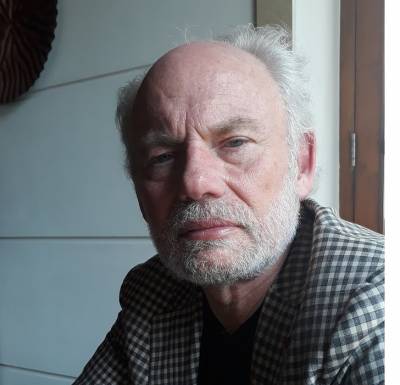


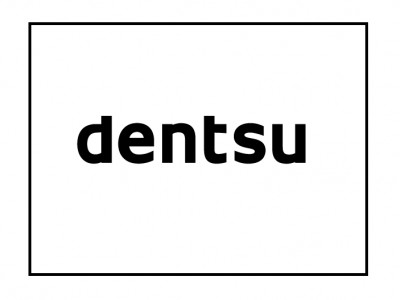
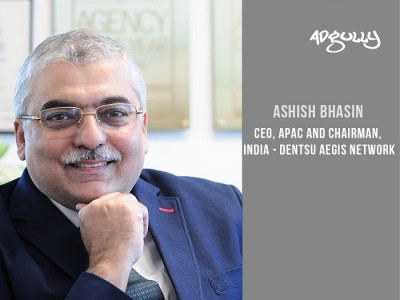


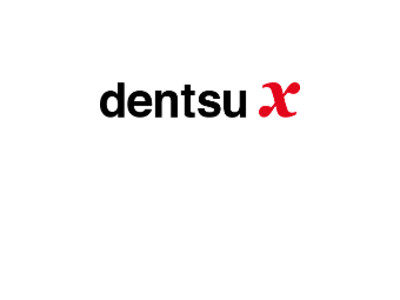
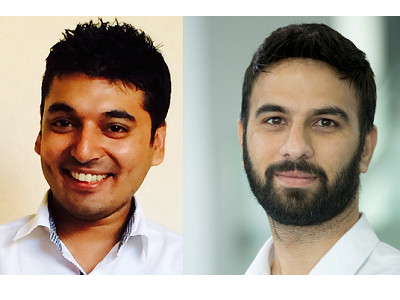
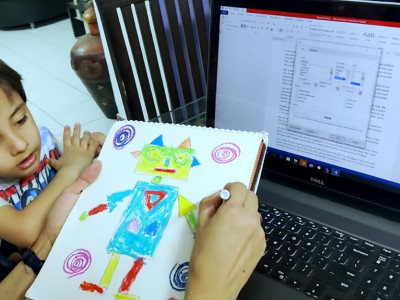

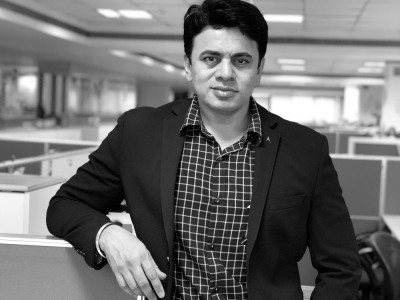



Share
Facebook
YouTube
Tweet
Twitter
LinkedIn